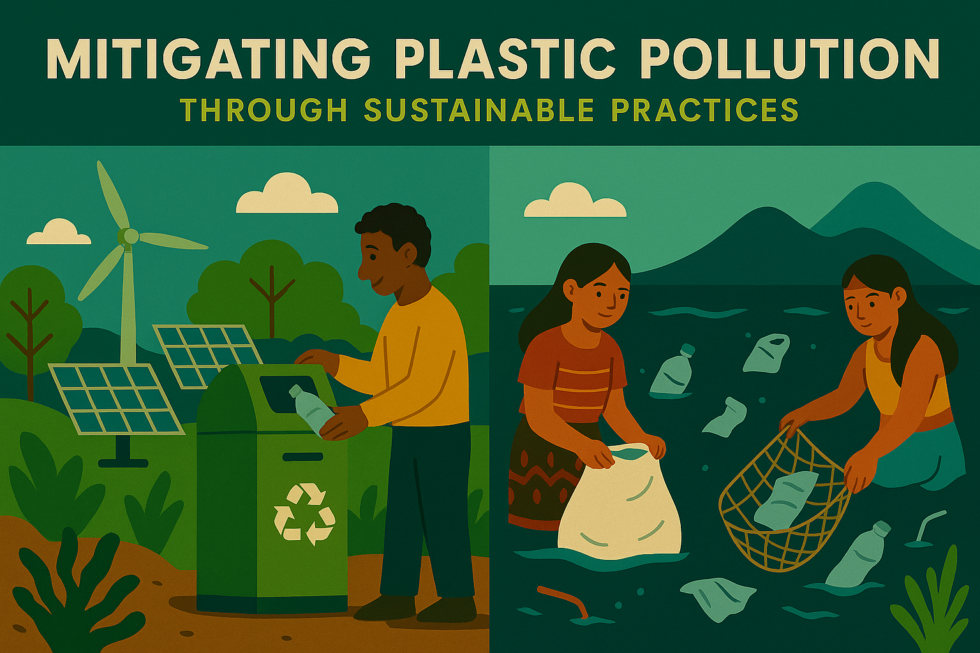
The rapid acceleration of plastic production and consumption has precipitated a global environmental crisis, underscoring the urgent need for comprehensive strategies to mitigate its adverse impacts on ecosystems, human health, and the planet. To effectively combat plastic pollution, a fundamental shift toward a circular economy is imperative—one that emphasizes the minimization, reuse, and recycling of plastic waste. This transition necessitates a systemic rethinking of how products are designed, manufactured, and consumed, prioritizing sustainable consumption patterns and the reduction of unnecessary plastic use.
A circular economy can be realized through the integration of closed-loop production systems, innovative product design for reuse, and the enhancement of global waste management infrastructure. Critical to this approach is the adoption of advanced recycling technologies, including mechanical and chemical recycling, which enable the recovery of valuable materials from post-consumer plastic waste. Chemical recycling, for example, allows for the depolymerization of plastics into monomers suitable for producing high-quality polymers, thereby expanding the possibilities for plastic reuse.
Simultaneously, the development of biodegradable plastics and bio-based alternatives is gaining momentum, offering potential substitutes for conventional plastics, particularly in short-use applications. However, the environmental efficacy of such materials is context-dependent and must be paired with well-structured end-of-life management systems to realize their benefits.
Effective mitigation also hinges on the implementation of science-based policy frameworks. Policies such as Extended Producer Responsibility (EPR), product bans, and tax incentives can stimulate sustainable business practices and influence consumer behavior when embedded in transparent, enforceable regulatory structures.
Beyond policy, stakeholder collaboration, public education, and awareness campaigns are essential for cultivating a culture of sustainability. Research consistently demonstrates that informed citizens are more likely to adopt environmentally conscious behaviors.
Ultimately, reducing plastic pollution requires a multi-stakeholder, interdisciplinary effort involving governments, industry, academia, and civil society. This collaborative transition toward sustainable practices can yield far-reaching benefits: diminished environmental pollution, conservation of resources, protection of biodiversity, and economic opportunities through green innovation and job creation.
Adopting eco-friendly practices and advancing systemic change not only mitigates the environmental footprint of plastics but also lays the groundwork for a resilient, regenerative economy. This transformation fosters global cooperation, community empowerment, and technological progress—advancing a vision where economic growth aligns with ecological preservation. Through these collective efforts, we can safeguard planetary health, ensure equitable development, and inspire future generations to cherish and protect the natural world.
Authored By: Darpan Bajaj and Anuradha
Aplinka Solutions & Technologies Pvt. Ltd., (QCI- NABET Accredited Organization), Noida, Uttar Pradesh (U.P.), India






